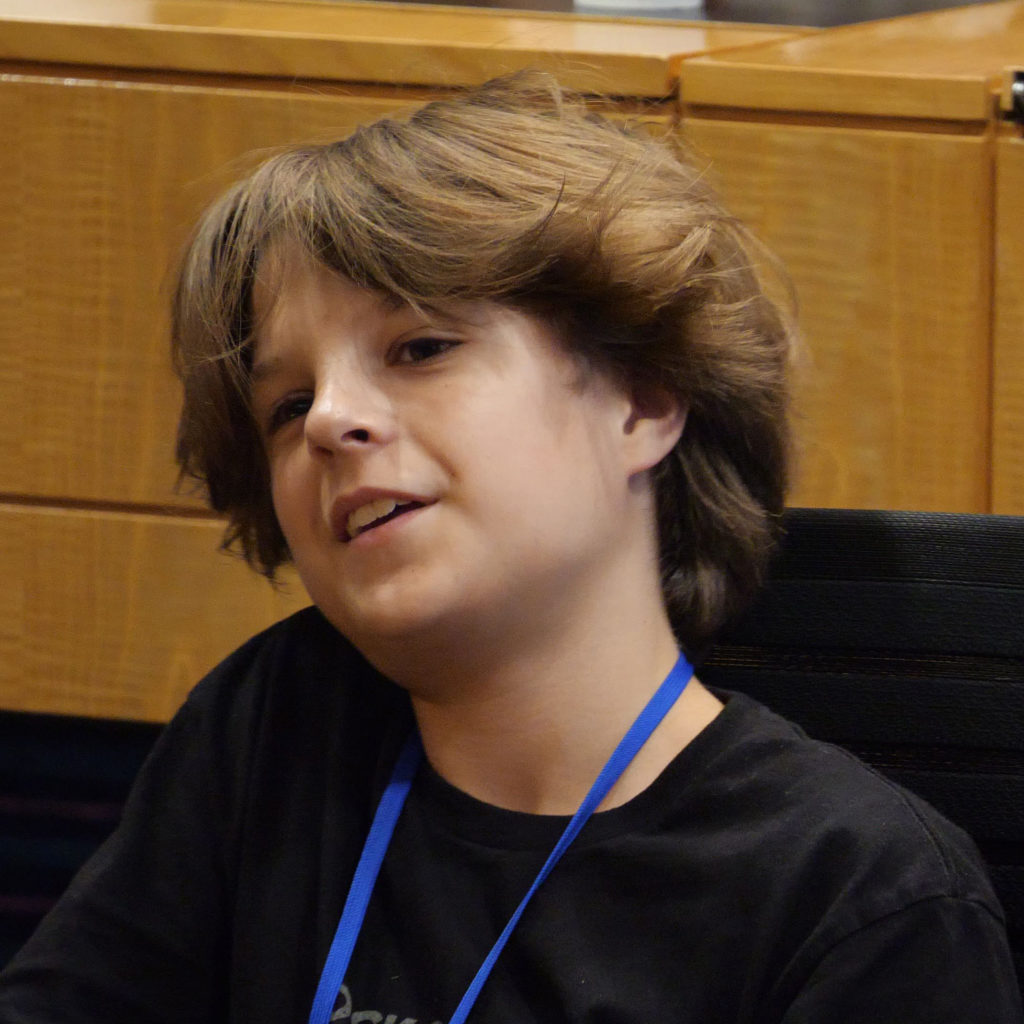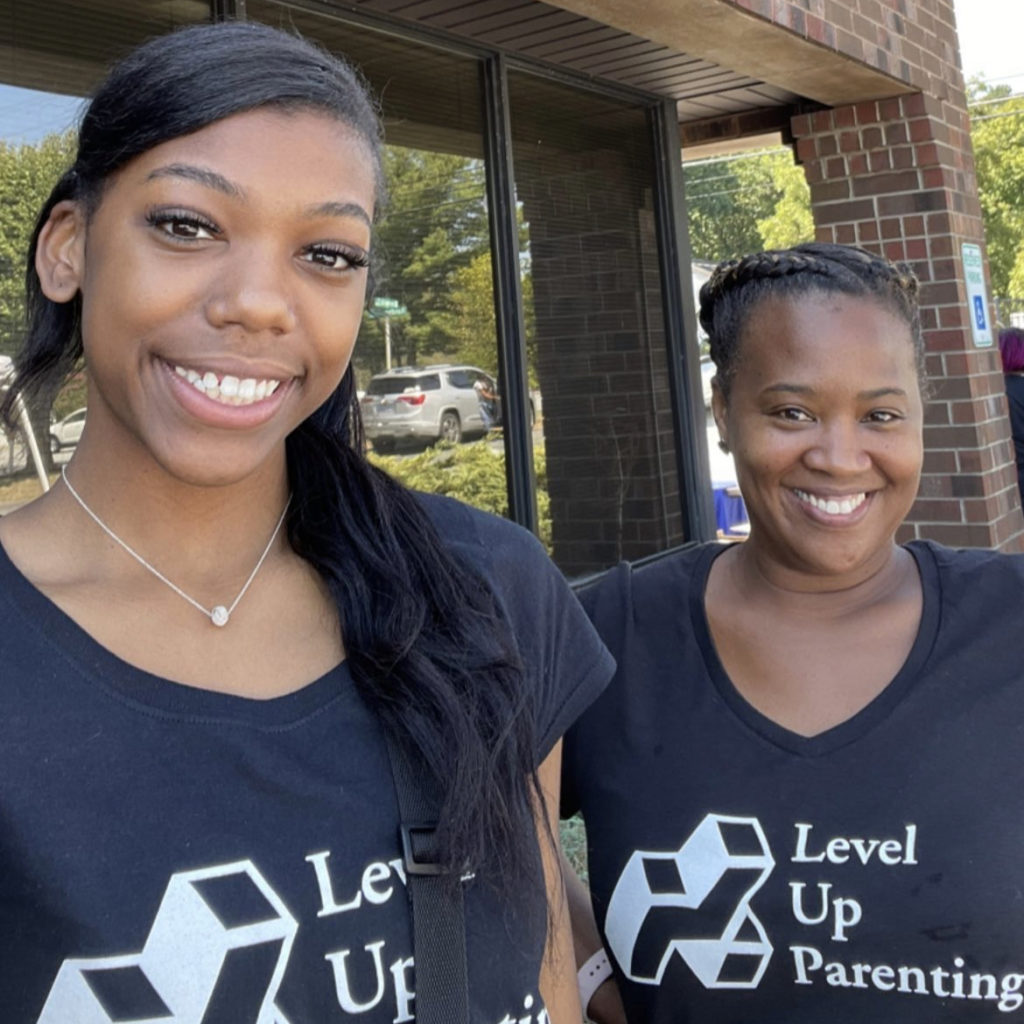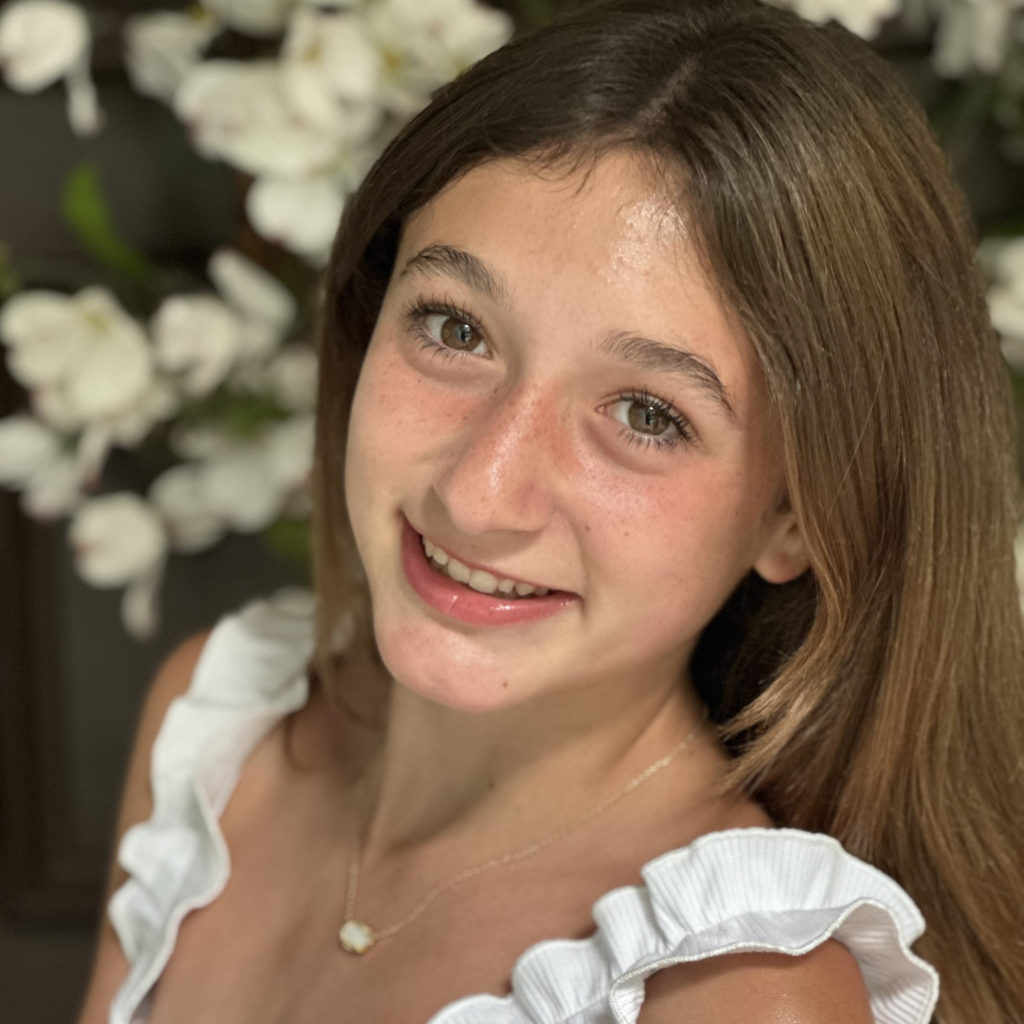This page contains background and specialty information on a number of individuals working to understand and find ways to alleviate Neutropenia. You are encouraged to reach them if you or someone you love has or may have neutropenia. These videos were recorded at the Neutropenia Family Conference in San Diego in 2010.
PETER NEWBURGER, MD
Vice Chair of Pediatrics, Hematology/Oncology, Professor, University of Massachusetts Medical School; SCNIR Board Member
Peter E. Newburger, MD, is the vice chair of pediatrics and director of the Division of Pediatric Hematology and Oncology at the University of Massachusetts Medical School. He also serves as professor of Pediatrics and Molecular GeneticsMicrobiology and professor of Pediatrics and Cancer Biology at University of Massachusetts Medical School and Graduate School of Biomedical Sciences. Dr. Newburger serves on the scientific advisory board and executive committee of the Severe Chronic Neutropenia International Registry.
He holds numerous editorial positions including associate editor of Pediatric Blood and Cancer and until last year, section editor for the hematology/oncology section of the Current Opinion in Pediatrics. Dr. Newburger currently serves on the following editorial boards:
Hematology/Oncology Today, Journal of Pediatric Hematology/Oncology, Current Pediatric Reviews, Current Opinion in Pediatrics, and the American Journal of Hematology; and has served as manuscript reviewer for the last three years for: Am J Hematol, Blood, Br J Haematol, Cancer Res, Circulation, Eur J Hematol, Exper Hematol, Gene, J Biol Chem, J Cell Physiol, J Immunol, J Leukocyte Biol, J Pediatr Hematol Oncol, Mol Cell Biol, Pediatr Blood Cancer, PNAS.
Dr. Newburger’s research interests include molecular genetics of phagocyte function and development; molecular mechanisms of selenoprotein translation; and the biology and treatment of childhood malignancies. In 2005, Dr. Newburger received the Ali and John Pierce Endowed Chair in Pediatric Hematology/Oncology, and this year was recognized as a Castle Connolly Top Doctor.
University of Massachusetts School of Medicine
55 Lake Avenue North Worcester, MA 01655
Phone 508-334-4225
Fax 508-856-4282
DAVID C. DALE, MD
Professor of Medicine, Department of Medicine, University of Washington; Co-Director, Severe Chronic Neutropenia International Network
Dr Dale has been professor of medicine in the Department of Medicine at the University of Washington in Seattle for more than 25 years. He received a medical degree from Harvard University, residency training at Massachusetts General Hospital and the University of Washington, and served as a senior investigator with the National Institute of Allergy and Infectious Diseases’ Laboratory of Clinical Investigation at the National Institutes of Health in Bethesda, Maryland. Other past positions include serving as dean of the School of Medicine at the University of Washington.
Dr Dale is president-elect of the American College of Physicians (ACP) for 2006-2007, editor-in-chief of ACP Medicine, and an editorial board member of Clinical Advances in Hematology and Oncology and Journal of Experimental Hematology. His research interests center on neutrophil physiology, neutropenia, and hematopoietic growth factors, and he has published widely on these subjects in journals such as Supportive Cancer Therapy, Journal of Supportive Oncology, Drugs, Seminars in Oncology, Journal of Clinical Oncology, Blood and American Journal of Hematology. He has also written chapters and sections for the Merck Manual, Williams Hematology, Blood: Principles and Practice of Hematology, Clinical Hematology and ACP Medicine 2006.
Dr. Dale currently serves on the National Board of Sponsors for Physicians for Social Responsibility and is co-director of the Severe Chronic Neutropenia International Registry.
Phone 206-543-7215
Fax 206-685-4458
University of Washington Dept. of Medicine
Box 356422 Health Sciences Bldg., Room AA522 1959
NE Pacific Street
MARY ANN BONILLA, MD
Assistant Professor of Pediatrics; Pediatric Hematology/Oncology Specialist; St. Joseph’s Children’s Hospital; SCNIR Board Member
Mary Ann Bonilla, MD, graduated from Loyola University Stritch School of Medicine, Chicago, Illinois, in 1981. She completed a pediatric residency at Brookdale Medical Center, in N.Y. In 1984, she began her training in pediatric hematology/oncology at Memorial Sloan Kettering Cancer Center/Cornell New York Hospital. It was during her research years, that she joined Dr. Karl Welte’s laboratory. The preclinical studies of G-CSF (Neupogen) in chemotherapy-induced neutropenia were performed there in association with Dr. Richard O’Reilly. The G-CSF’s ability to induce increased neutrophils then led to clinical trials in patients with congenital neutropenia. She has participated with the Severe Chronic Neutropenia International Registry since it’s inception. Presently, she holds a faculty position at Columbia University and St. Joseph’s Children’s Hospital in Paterson, NJ. Primarily a clinician, she continues to follow many of the original group of SCN patients as well as practices general hematology/oncology. She lives with her family and pets in New Jersey.
Phone 973-754-3230
Fax 973-754-3331
St. Joseph s Children’s Hospital
Pediatric Hematology Oncology
703 Main Street
Paterson, NJ 07503
DAN LINK, MD
Professor of Medicine, Division of Oncology; Section, Bone Marrow Transplant; Assistant Professor of Pathology; Washington University School of Medicine
Phone 314-362-8771
Fax 314-362-9333
Washington University School of Medicine
Division of Bone Marrow Transplantation
660 South Euclid, Campus Box 8007
St. Louis, MO 63110
AKIKO SHIMAMURA, MD
Director, Bone Marrow Failure and Myelodysplastic Syndrome Programs, Dana-Farber/Boston Children’s Cancer and Blood Disorders Center, Associate Professor of Pediatrics at Harvard Medical School, SCNIR Advisory Board member
Akiko Shimamura MD graduated from the University of Rochester Medical School in 1991. She earned a Ph.D. from the same institution in 1990. Her area of clinical interest includes: Inherited bone marrow failure and aplastic anemia, Swachman-Diamond syndrome, Fanconi anemia and Diamond Blackfan anemia.
Dr. Shimamura directs the Bone Marrow Failure and Myelodysplastic Syndrome Program of the Dana Farber/Boston Children’s Cancer and Blood Disorders Center. Her research focuses on translational studies spanning clinical through basic science investigations to understand the genetic and molecular basis of bone marrow failure, MDS, and leukemia predisposition with the goal of developing more effective and less toxic treatments. Dr. Shimamura had previously directed the Bone Marrow Failure Clinic at Boston Children’s Hospital and then at Seattle Children’s Hospital before returning to Boston Children’s Hospital in the fall of 2015.
Phone 617-919-6109
Fax 617-730-0934
The Shimamura Lab
Boston Children’s Hospital
1 Blackfan Circle, Karp 8210
Boston, MA 02115
LAURENCE A. BOXER, MD – IN MEMORIAM
5/17/1940 – 1/7/2017
Dr. Boxer was an active member of the Society for Pediatric Research (SPR), for which he served on its Council from 1982-1985, and then become the President of SPR in 1986. In 2001, Dr. Boxer was elected to the Council of the American Pediatric Society. He had an active leadership role in other academic societies such as the American Society of Hematology. He served on several editorial boards including a role as associate editor for the Journal of Clinical Investigation and the American Journal of Hematology. He was a member of a number of other societies including the American Society of Clinical Investigation and the American Association of Physicians.
In 1997, Dr. Boxer was elected as a Fellow of the American Association for the Advancement of Science. In May 1998, he received the Founders Award from the Midwest Society for Pediatric Research. He was honored by being selected to give the Distinguished Faculty Lectureship Award at the University of Michigan Medical School.
Dr. Boxer was a member of the executive board of the American Society of Pediatric Hematology/Oncology. Since the inception of the Severe Chronic Neutropenia International Registry, Dr. Boxer served on the Executive Board of Directors. He was the head of the publications committee for the Journal of Pediatric Blood and Cancer, and was on the publications committee of the journal Blood of the American Society of Hematology.
Most recently, Dr. Boxer was honored with the 2016 ASH Mentor Award for his sustained, outstanding commitment to the training and career development of early-career hematologists.
Additional Specialists
Professor Karl Welte, Co-Director
Phone 49-511-532-6710
Fax 49-511-532-9120
Kinderklinik, Medizinische Hochschule
Carl-Neuberg-Str. 1
30625 Hannover, Germany
Blanche Alter, MD, MPH, FAAP
Phone 240-276-7239
Fax 240-276-7836
NIH, National Cancer Institute
Clinical Genetics Branch
9609 Medical Center Drive
Room 6E452, MSC 9772
Rockville, MD 20850
Audrey Anna Bolyard, RN, BS
Phone 206-543-9749
Fax 206-543-3668
Clinical Manager
Severe Chronic Neutropenia International Registry (SCNIR)
University District Building
1107 NE 45th Street, Suite 345
Seattle, WA 98105 USA
Jean Donadieu, MD
Phone 33-1-44-73-60-62
Fax 33 1 44 73 65 73
Service d’Hematologie et
Oncologie Pediatrique
Hopital Trousseau
26 Avenue du Dr. Netter
75012 Paris, Cedex 12, France
Sally Kinsey, MD
Phone 44-113-206-4985
Fax 44-113-247-0248
Paediatric Haematologist
St. James’s University Hospital
Leeds LS9 7TF,UK
Philip S. Rosenberg, PhD
Phone 301-435-3996
Fax 301-402-0081
Division of Cancer Epidemiology and Genetics
NIH, National Cancer Institute
6120 Executive Blvd., EPS 7006
Rockville, MD 20852-7244, USA
Connie Zeidler, MD
Phone 49-511-546-0918
Fax 49-511-557-106
Kinderklinik Medizinische Hochschule
Carl-Neuberg-Str. 1
30625 Hannover, Germany




